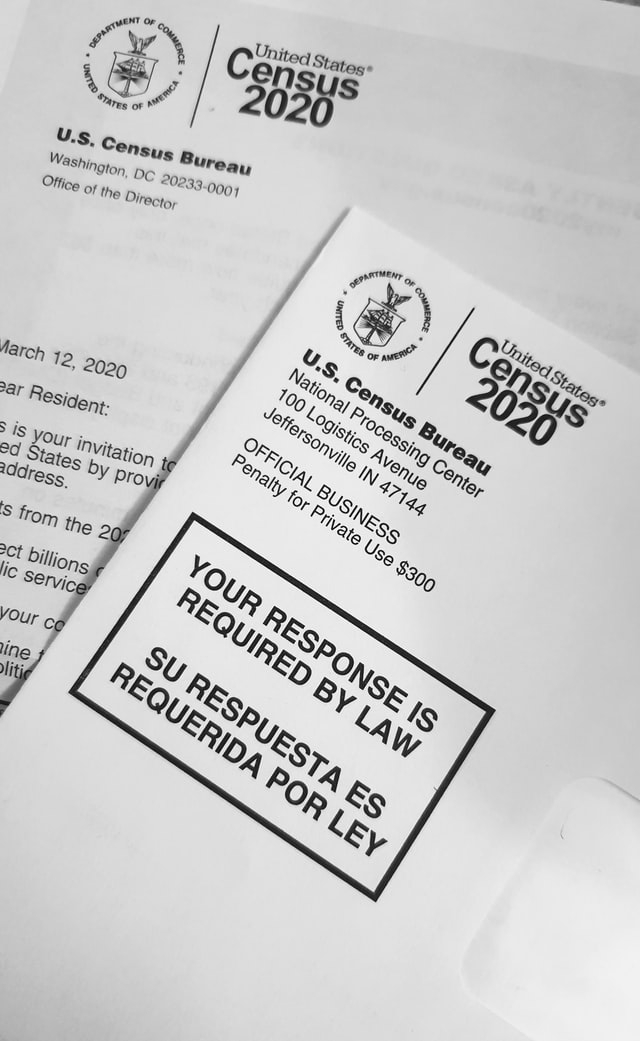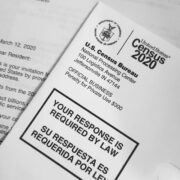
A three-judge court in New York unanimously blocked an order by President Donald Trump that looked to exclude undocumented immigrants from the 2020 Census for the purpose of apportioning representatives.
Federal statute governing the decennial census and apportionment requires the commerce secretary to report a single “tabulation of total population by States” to the president, which the president is then to use in connection with apportionment.
The federal judges, on Thursday, September 10, ruled that Trump’s Presidential Memorandum issued on July 21, violated statutory requirements by directing Commerce Secretary Wilbur Ross to include a second set of census figures excluding noncitizens.
It also violated requirements by excluding noncitizens from the required “whole number of persons in each State” count that is used as a basis for apportionment of House seats.
The Presidential Memorandum, the judges said, was an “unlawful exercise of authority” granted to Trump by statute, and thus there was no need to move on to the question of whether the memorandum violated the U.S. Constitution itself.
“Because the President exceeded the authority granted to him by Congress by statute, we need not, and do not, reach the overlapping, albeit distinct, question of whether the Presidential Memorandum constitutes a violation of the Constitution itself,” the judges wrote in the 86-page opinion. “The merits of the parties’ dispute are not particularly close or complicated.”
When issuing the memorandum, Trump said in a statement that the “radical left” was trying to “conceal the number of illegal aliens in our country.”
“Just as we do not give political power to people who are here temporarily, we should not give political power to people who should not be here at all,” said Trump.
The judges said that while Trump did have some discretion in overseeing the conduct of the decennial census and how the results of the count would be issued for reapportionment, such authority, they emphasized, is limited.
“Nevertheless, where the authority of the President (or other members of the Executive Branch) to act is derived from statutes passed by Congress, the President must act in accordance with, and within the boundaries of, the authority that Congress has granted,” the judges wrote in their conclusion.
The case was brought forward by a coalition of states, local cities, and civil right groups who were concerned over the possible loss of congressional seats in areas where representation is critical.
Looking at 2019 population estimates, the Pew Research Center in July said that California, Florida, and Texas, for example, would each end up with one less congressional seat if unauthorized immigrants were excluded from the apportionment count.
The case was also one of eight other legal challenges in California, Washington, D.C., Maryland, and Massachusetts, and will possibly be appealed directly to the U.S. Supreme Court.
Dale Ho, director of the ACLU (American Civil Liberties Union) Voting Rights Project, one of the groups that challenged Trump’s order, called the ruling a “huge victory for voting rights and for immigrants’ rights.”
“President Trump has tried and failed yet again to weaponize the census against immigrant communities,” Ho said in a statement. “The law is clear—every person counts in the census.”
House Speaker Nancy Pelosi, D-Calif, called the ruling a “resounding victory for justice, equality and our American Democracy.”
“The President’s unlawful order was a brazen violation of the rule of law, purpose-built to cause traditionally underounted communities to be even further underrepresented and left behind,” added Pelosi. “We are pleased that the court unanimously declared that the President’s directive violated the law and blocked this latest Trump attack on our immigrant communities.”
While the ruling was a win for advocates for a complete census, many remain focused on a separate effort by the Trump administration that looks to end all census counting efforts in less than three weeks—a full month earlier than it had previously planned.
A federal judge on Saturday, September 5 ordered the Trump administration to halt its plans at least until September 17 when a court hearing on the issue will be held.
The Trump administration has until Sunday, September 13 to present documents explaining why the administration moved the census count deadline from October 31 to September 30.
“Trump has tried to sabotage the census from the beginning, leaving states with inaccurate numbers that will deprive communities of federal assistance to recover from the pandemic. The court has blocked this attempt to cut people and communities out of the once-in-a-decade count, but we still need Congress to do its job and stop the administration from rushing the census,” the Leadership Conference on Civil and Human Rights said in a statement.
“The Census Bureau needs more time to finish and process a complete count. And organizers need time to reach immigrants and other communities this administration has tried to scare away from the census,” it added.






